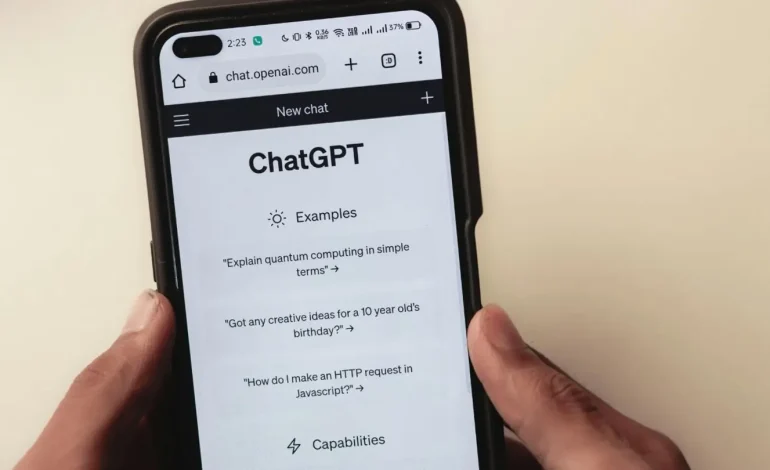OpenAI has made a significant move in the consumer technology space with the $6.5 billion acquisition of “io,” an AI device startup led by renowned designer Jony Ive, FOX News reports.
The deal marks OpenAI’s largest acquisition to date and represents a strategic pivot toward hardware—a space traditionally dominated by tech giants like Apple.
This partnership brings together Sam Altman, CEO of OpenAI, and Jony Ive, the designer behind some of Apple’s most iconic products, including the iPhone and Apple Watch. Their goal: to create a new class of AI-powered devices that could fundamentally reshape personal technology.
The significance of this collaboration extends beyond its price tag. Jony Ive is taking on a major creative leadership role at OpenAI and bringing with him a team of designers and engineers, many of whom previously worked at Apple. Their mission is to develop hardware that moves beyond traditional screens, keyboards, and apps.
Early reports suggest their first product, expected by 2026, may be a “screenless” AI companion—a device designed to intuitively understand its environment and provide context-aware assistance. The concept marks a shift from smartphones and wearables to AI-first, interaction-based design.
The timing and nature of this acquisition put Apple in a challenging position. While Apple has built its brand on design leadership and ecosystem integration, it has been seen as lagging behind in recent advancements in artificial intelligence. The announcement of OpenAI and Ive’s collaboration reportedly triggered a dip in Apple’s stock price, reflecting market concerns about rising competition in AI hardware.
Unlike past competitors who tried to rival Apple through familiar product formats, OpenAI and Ive are charting a completely new course. Their aim isn’t just to build a better phone—it’s to reimagine what personal technology can be in the AI age. By moving away from screens and focusing on ambient, intuitive experiences, they seek to create a product that may make even the iPhone feel outdated.
Although specific details remain closely guarded, Altman and Ive have dropped hints about a family of AI devices built around seamless, human-centric interactions. These products are said to avoid screens altogether, offering tools that assist users without demanding constant visual attention.
Rather than mimicking phones, laptops, or smart glasses, the new device could represent a category-defining innovation—something that fits naturally into daily life and shifts how we engage with digital information. OpenAI’s ambitious goal is to ship 100 million units faster than any hardware company has before.
This acquisition signals OpenAI’s entry into the consumer device market and reflects a broader trend: the convergence of AI software expertise with hardware innovation. With Jony Ive’s design legacy and OpenAI’s AI capabilities, the collaboration positions itself as a strong contender in shaping the future of personal computing.
For Apple, the move underscores the urgency to accelerate its AI efforts and bring fresh innovation to its product lineup. The company has faced criticism in recent years for incremental hardware updates and a lack of groundbreaking advancements in AI.










The latest news in your social feeds
Subscribe to our social media platforms to stay tuned